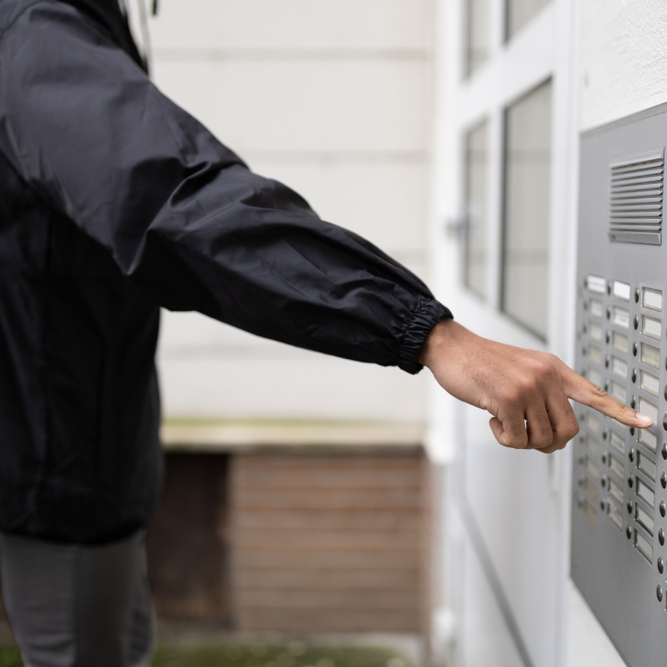
Everything you need to know about the PRA Group
If you've been contacted by a debt collector like the PRA Group, you'll know how stressful it can be. There's a lot to think about when you're in debt, particularly if your creditors have brought debt collectors into the mix.
The PRA Group is one of the main debt collection agencies working in the debt industry in the UK, so there's a chance you might have heard of them already, particularly if you've found yourself in debt to a bank or a credit card company in recent years.
NDH Financial is a trusted debt help provider in the finance world. As we employ a licensed insolvency practitioner, we specialise in helping individuals with personal insolvency solutions.
If you're in debt and you've found yourself being contacted by debt collectors, our team is on hand to help, giving you all the information you need to know when dealing with debt collectors.
If you'd like to find out more about our debt solutions, contact us today!
Who are the PRA Group?
The PRA Group is a debt solution specialist company with thousands of employees. They purchase debt from banks and other financial institutions and have built up a huge debt portfolio for themselves over the years.
The company was started in 1996 in the USA, known at the time as Recovery Associates, before the name was changed later on. They have an active place on the Nasdaq stock market under the name PRAAA and work with their clients to help reduce their debt, providing a service for consumers as well as creditors.
The PRA Group now has several subdivisions across the globe, with the UK branch being based in Kent. They're one of the largest buyers of debt accounts (otherwise known as nonperforming loans) and claim to have an ethical code of conduct, as they don't charge interest or fees and state that they don't chase people who can't pay.
Get in touch today
NDH Financial can help free you from the shackles of your debt.
Call us on 0800 002 9051 or apply below.

Apply Today
Get in touch with NDH Financial today for a free consultation about your debts.
Call us on 0800 002 9051 or apply below.

How NDH Financial can help you with your debts
If you are worried about having to deal with the PRA Group or other debt collection agencies, our debt consultants can talk you through your debt repayment options.
We specialise in Individual Voluntary Arrangements and, depending on your circumstance, will be able to determine the best way in which to tackle your debts.
We've worked with thousands of people over the years, providing an important service to consumers by helping them pay off their debts.
More information about IVAs can be found on our IVA Learning Hub, but there are several other debt solutions available if you don't think an IVA is right for you.
So, what are you waiting for? Contact us for a no obligation consultation today.
*Once the IVA is completed, all outstanding debts that are included are written off. There are some unsecured debts that will be excluded, such as court fines, child maintenance arrears and Student Loans, and you will need to make separate payments to these. As the IVA will only cover unsecured debts, you will need to continue making payments to secured creditors both during and after the IVA.
Do You Have More Questions?
Our IVA Learning Hub Can Help
We know you might have questions and that’s fine.
We can answer most of those on our call.
But we’ve also built our learning hub so that you can learn more about an IVA and see if one is right for you.
Click below to check it out.
